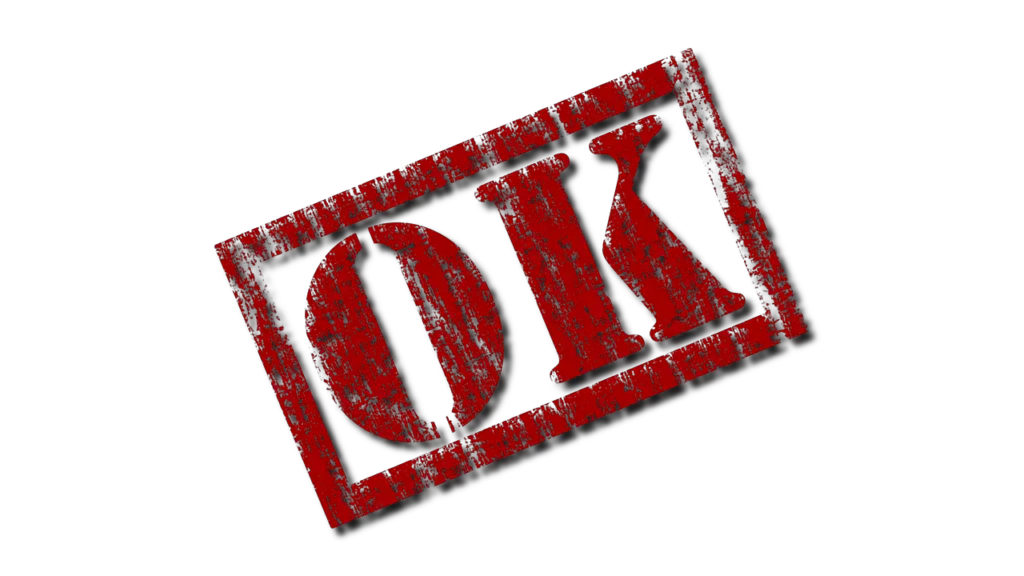OK, how did two little letters end up becoming one of the most common words used in the English language? It’s OK if you don’t have any idea because the supposed origins of the word are as varied as the many ways in which it is used.
OK, or okay, they’re both OK, means everything is all right, just dandy. “Are you having a heart attack?” “No, I just ate a spicy burrito. I’m OK.” It can be used for sarcasm. “I’m going to win a Nobel Prize.” A friend knowing this will never happen responds with a drawn-out, “OK.” It can be used to motivate. “OK, we’re going to win.” The word has many other contexts in which it can be used, but when and where did it become so versatile?
The supposed origins of OK have varied from a nickname for Civil War era biscuits called Orrin Kendall biscuits to a telegraph abbreviation known as Open Key, and a French Louisianian term, “aux Cayes,” to an old Chocktaw Indian word of “okeh,” meaning, “it is so.”
One of the best origin stories says that president Martin Van Buren used it when he campaigned for the presidency. He used the slogan “Vote for OK,” which stood for “Old Kinderhook,” his nickname. But all these examples are not believed to be the true origin of the word. The real origin was believed to come from a statement that actually was meant to be a joke.
There hasn’t been anyone that has pursued the origin of the word “OK” as much as an etymologist named Allen Read. He literally wrote the book on where the origin of the word “OK” came from. He first discovered the word in an 1839 article in the Boston Morning Post.
The article was a satirical piece that talked about a group coming through the city called the Anti-Bell Ringing Society. The editor wrote, “O.K. — all correct,” to describe what the group should do with their affairs when they got to town. It was a play on the misspelling of the phrase “oll korrect” which was believed to be commonly used at the time. While the joke doesn’t make much sense to us now, it was funny to people in the 1800s. This instance became the first recorded use of OK to be found.
Read even found other instances of the term “oll korrect,” as well as “ole kurreck,” in his research. These were believed to be popular terms, and the use of abbreviations for common terms was rather fashionable then as it is today (think OMG and LOL).
It didn’t hurt that Martin Van Buren was using his “Vote for OK” slogan at the same time, which came from his nickname “Old Kinderhook”, as mentioned before. It’s believed this helped increase the popularity of the abbreviation OK for the term “all correct” and wouldn’t have hurt Van Buren’s slogan when people thought it meant “all correct.” Unfortunately for Van Buren, the abbreviation didn’t help much because he lost his re-election bid in 1840.
It’s not one hundred percent known if this is the true origin of the word, however, but the scholars in this sort of thing believe it to be the best explanation. One thing is for certain, though, it does make for an interesting story of how a word came about that we probably use every day of our lives.
Sources: The Economist, Oxford Dictionaries, CBS News


